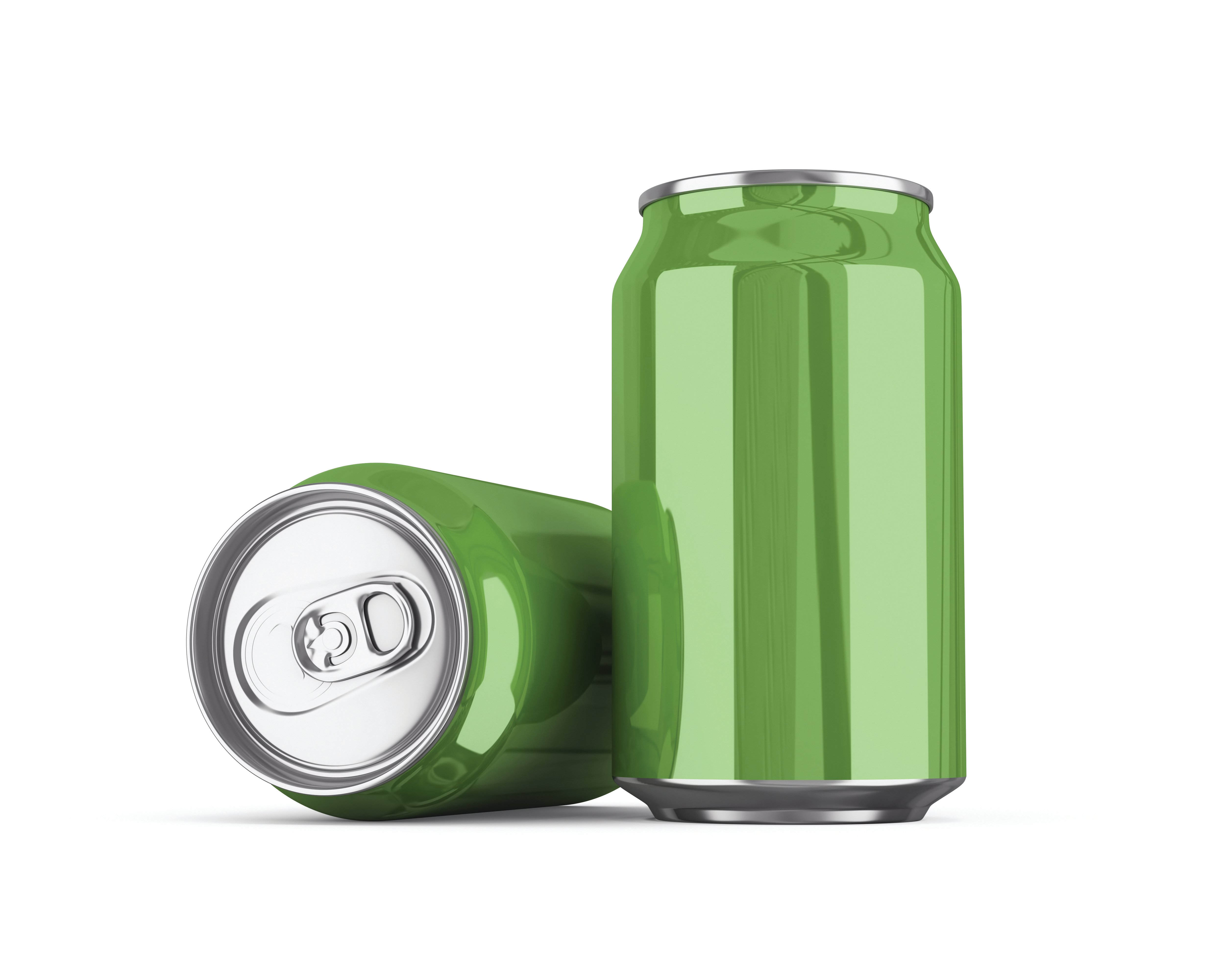Sustainability, Functionality and Economy are Key Factors in Growing Preference for Cans
Craft beverage producers and consumers alike show a growing preference for aluminum cans as their packaging of choice. Sustainability, functionality and economics all come into play when brewers decide the best way to package - and consumers decide the best way to drink - their craft beverages.
Sustainability
When it comes to overall sustainability, a beverage's container is just as, if not more, important than its raw ingredients or production process. While "on tap" kegs are the most sustainable option for on-site service at brewpubs, bars and restaurants, they are also the most restrictive when it comes to off-site consumption at home. So what is the next best retail container for both brewer and consumer?
- A growing consensus is pointing towards aluminum cans over glass bottles for the lowest eco impact. According to Earth911, a glass bottle would have to be reused - not recycled - three times to lower its greenhouse gas emissions enough to match those of an aluminum can.
- UK-based Which cites a 2020 life-cycle assessment of beverage packaging from the University of Southampton that found glass and recycled glass bottles had the biggest carbon footprint due to the energy used and emissions produced when extracting and melting the composite materials. On the other hand, because it is easily and infinitely recyclable, aluminum is an excellent sustainable alternative, especially when it comes to containing pressurised beverages such as carbonated drinks and beer.
- A brand new study from the Aluminum Association and Can Manufacturers Institute (CMI) — The Aluminum Can Advantage: Sustainability Key Performance Indicators 2021 - measured the closed-loop circularity rate (the percentage of recycled material used to go back into the same product) for aluminum cans at 92.6 percent compared to 26.8 percent for PET bottles and between 30-60 percent for glass bottles.
Did you know? Approximately 75% of all aluminum ever produced in the world is still in use today.
Did you know? A used beverage can can be recycled and returned to the shelf within 60 days.
(Source: https://yourstory.com/socialstory/2021/08/sustainability-agenda-aluminum-packaging-recycling/amp)
Functionality
Producers and consumers are increasingly recognizing the user-friendliness of aluminum cans when compared to glass bottles. Cans are lightweight, portable, virtually unbreakable, and require no openers, whereas glass bottles are heavier, harder to transport, subject to breaking and often require an opener. In addition, a can's opacity helps protect product quality by minimizing UV light exposure.
Economy
Despite current supply chain challenges impacting the beverage packaging sector, manufacturing and wholesale costs for aluminum cans continue to be competitive, particularly because aluminum recycling is both economical and eco-friendly. According to The American Ceramic Society, "a can made of recycled aluminum requires about 95% less energy to produce than one made from non-recycled materials (compared to closer to about 25% energy savings for glass)."And because of their lighter weight and lower likelihood for breakage, shipping costs also favor cans over bottles.
Judged from any angle - sustainability, functionality or economy - aluminum containers are a growing favorite. Earth911 sums it up like this: "If you can find aluminum cans made from 100% recycled materials, they should be your top choice when shopping for single-serving beverages. Their low transportation footprint and ease of recyclability make them a winner."
Written by Susan Morgan

